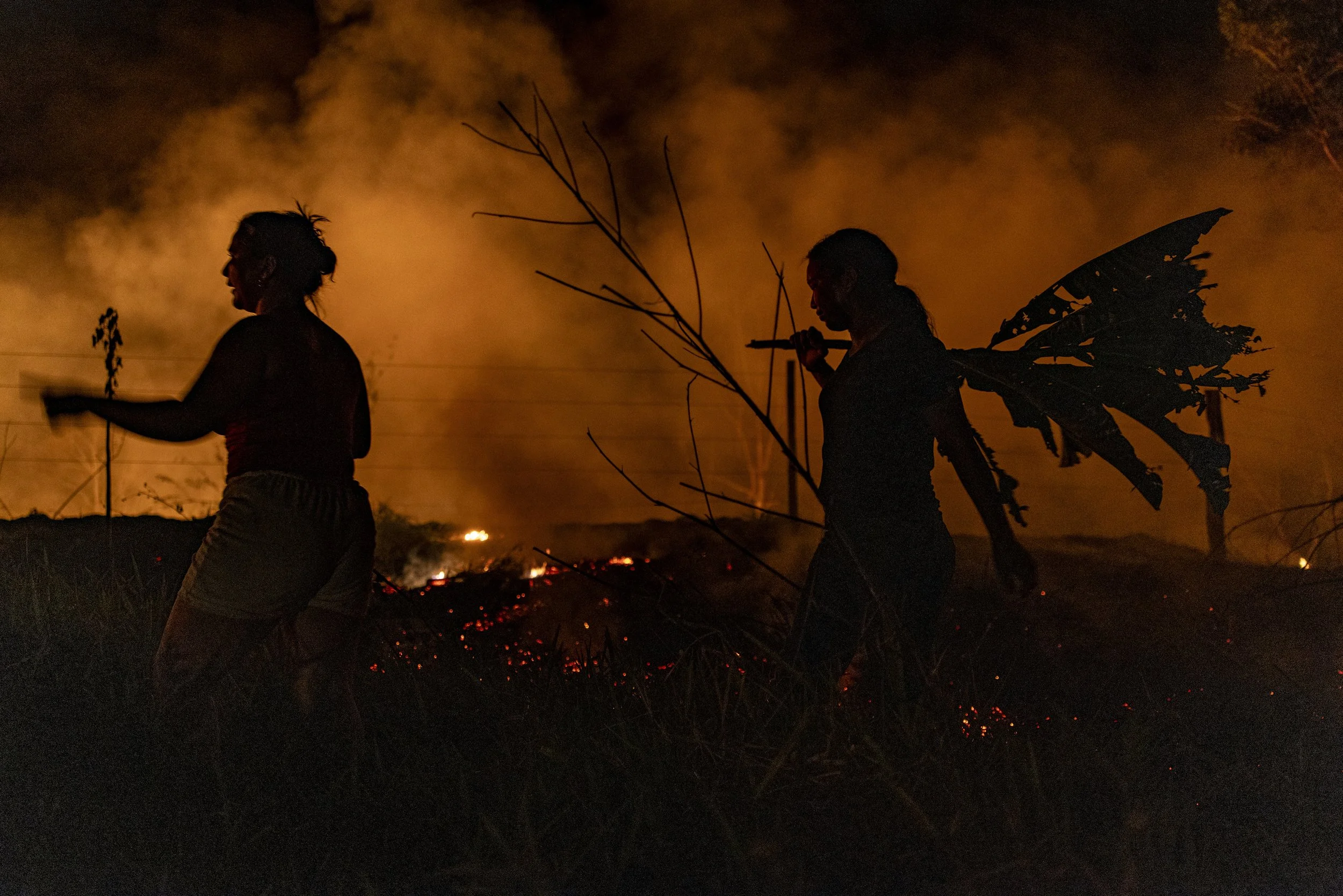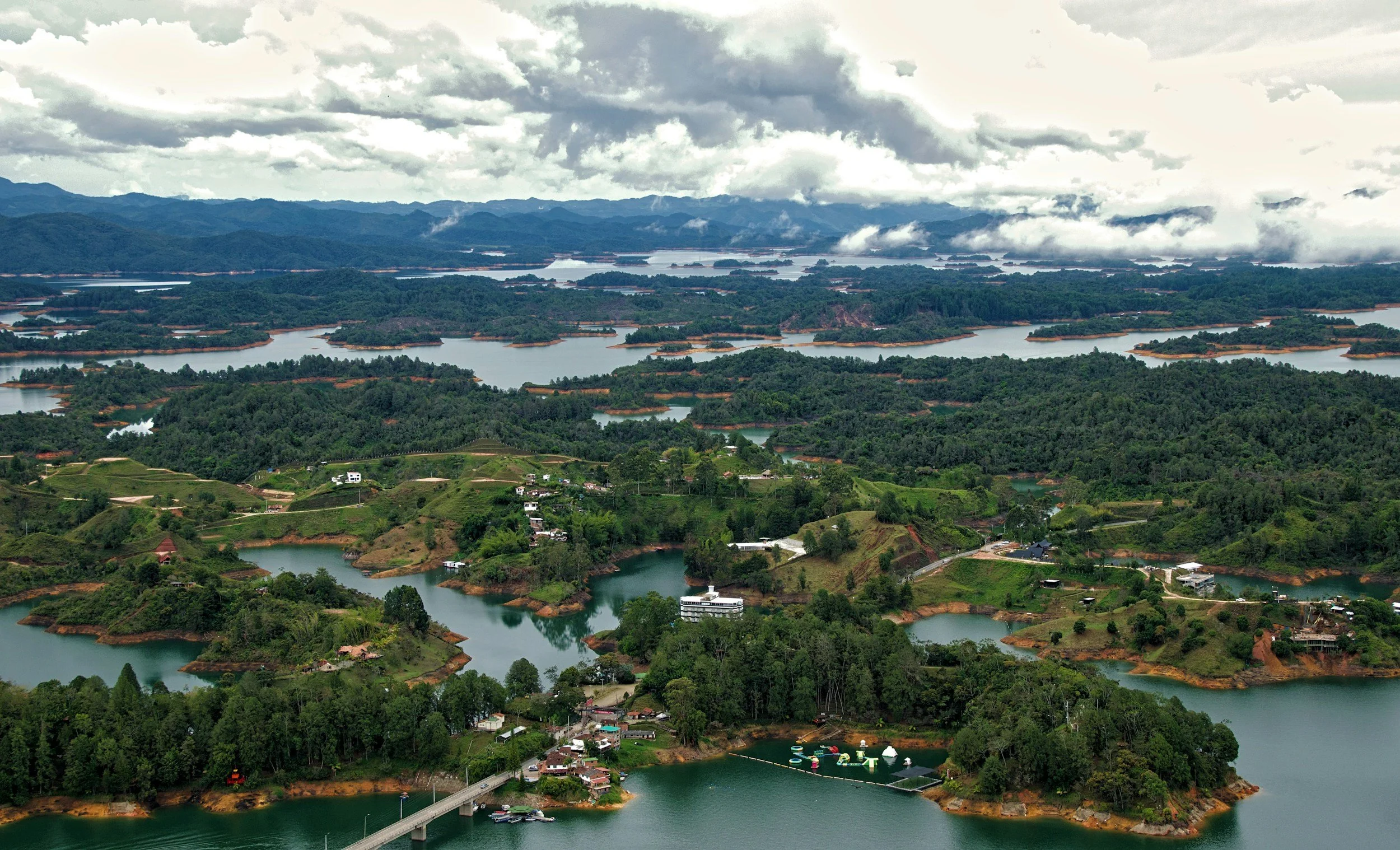
DON’T BURN LATIN AMERICA…POWER THE JUST TRANSITION
Latin America stands at a defining crossroads in its path toward a just and sustainable energy transition. As the impacts of the climate crisis intensify, several governments continue to bet on fossil gas under the misleading narrative of it being a “transition fuel.” This dependency deepens fossil lock-in, endangers ecosystems, and delays the transformative shift needed to ensure a clean, safe, and just future for communities.
In this context, the Don’t Gas campaign emerges as a Global South–led initiative coordinated by Climate Action Network International (CAN-I). The campaign seeks to expose the harmful impacts of fossil gas, challenge its false role as a transition energy source, and promote real solutions grounded in climate justice, equity, and human rights.
The Latin American chapter under the slogan América Viva: Gas-Free Transition Now is coordinated by Climate Action Network Latin America (CANLA), in partnership with its member organizations and regional allies. Together, they aim to strengthen the voice of Latin American civil society against the expansion of fossil gas, promote locally rooted narratives, and position just transition solutions across the region.
Thematic and strategic leadership for this campaign is carried by:



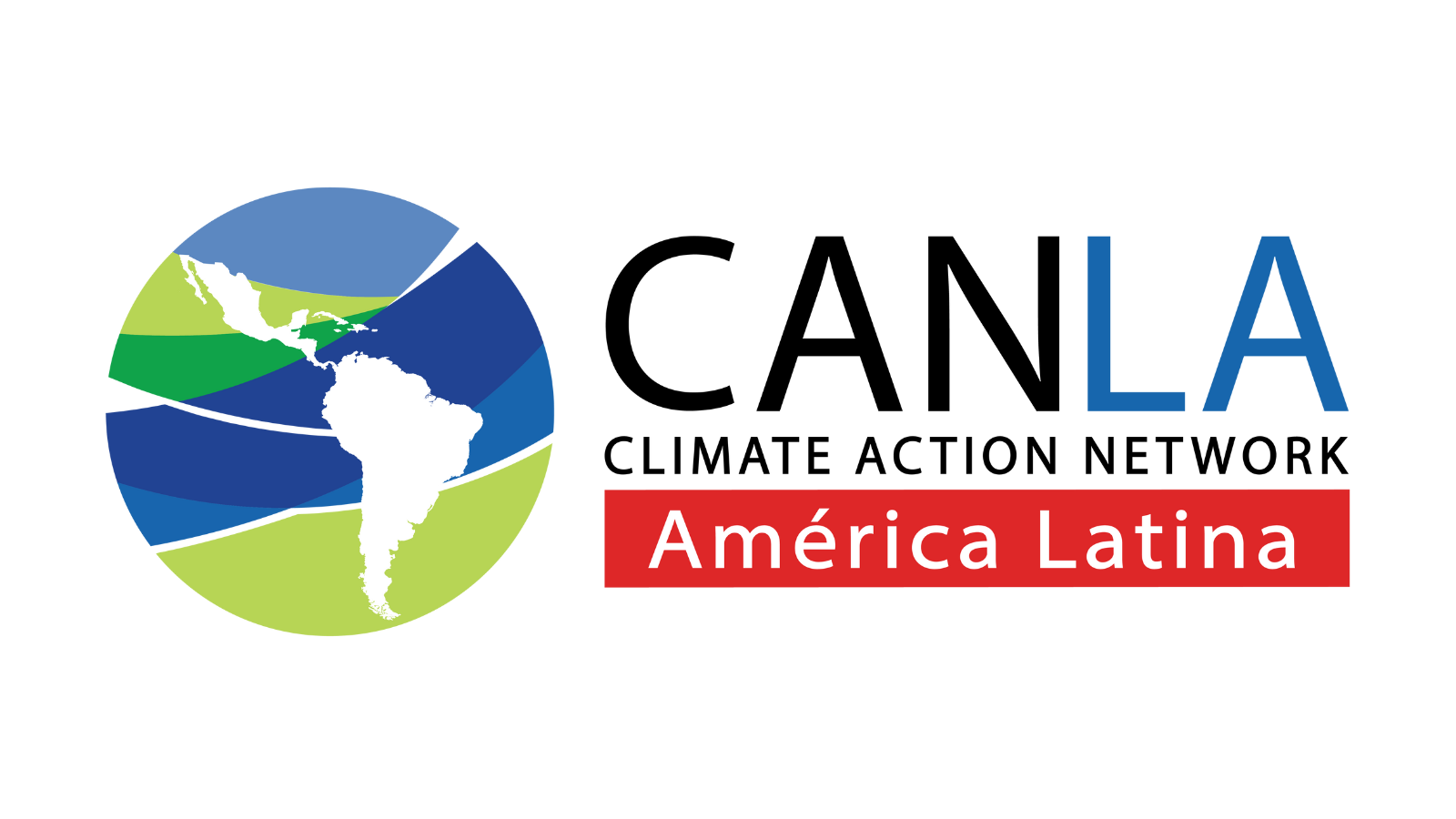
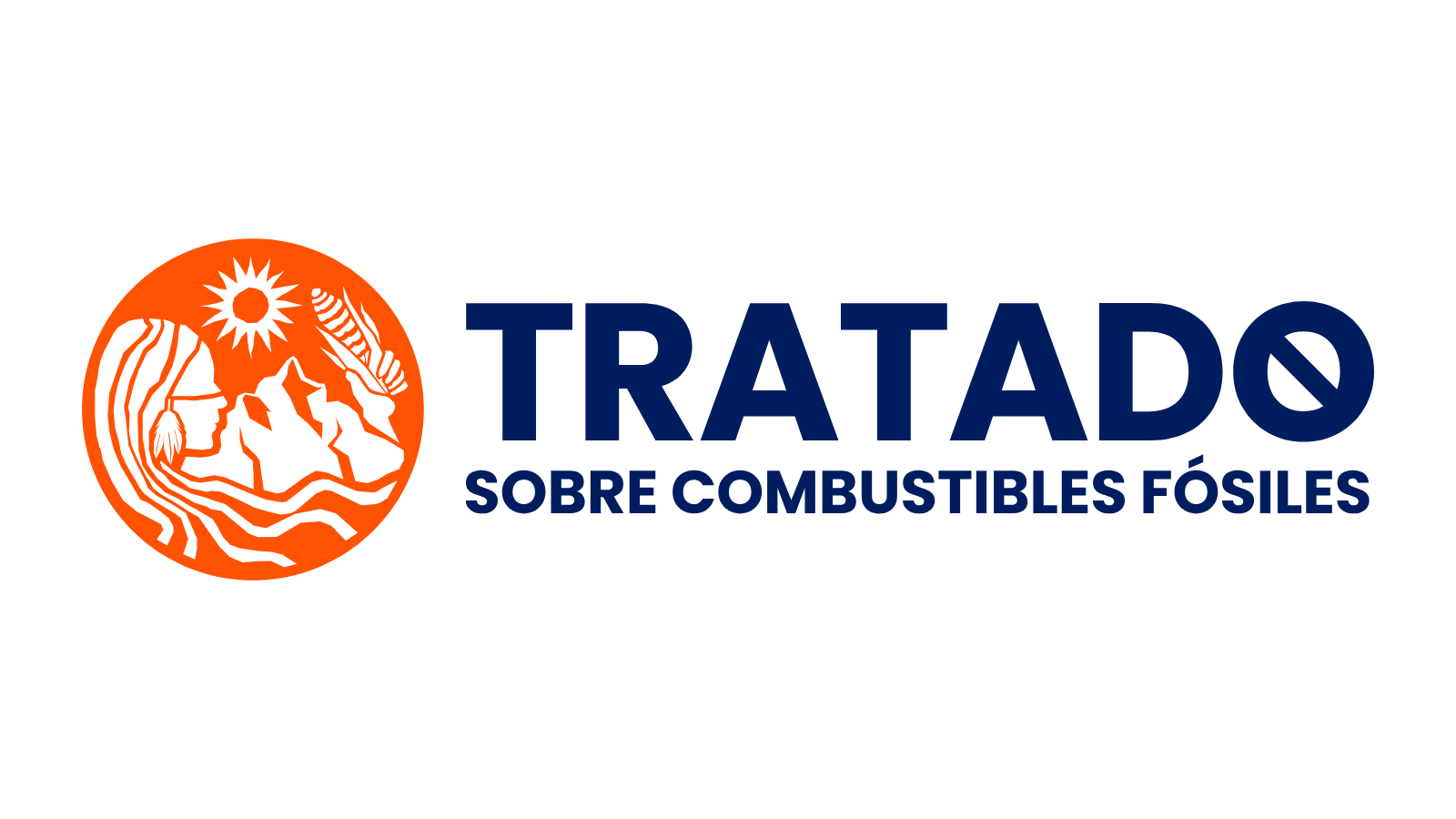


These organizations contribute their expertise in advocacy, communication, and territorial action to build a coordinated regional response for a gas-free, climate-just, and living Latin America.
Governments and corporations are promoting the installation of natural gas as a so-called “transition fuel.” This narrative, presented as a pragmatic step toward clean energy, is in fact delaying the urgent transformation demanded by the climate crisis.
The expansion of gas infrastructure —including pipelines, terminals, and thermoelectric plants— is locking countries into decades of fossil dependency. Each new gas investment delays the development of truly renewable sources, diverts public resources, and deepens inequalities between those who profit and those who bear the consequences of pollution, droughts, and displacement.
Far from being a bridge to the future, gas has become a wall blocking the path toward climate justice. Its methane emissions, far more potent than CO₂ in the short term, are accelerating global warming and threatening to push us beyond the 1.5 °C limit.
This campaign was born to challenge that false promise to show that gas is not a solution, but another fossil fuel feeding the crisis. It calls on governments and financiers to stop investing in the energy of the past and commit instead to a just, renewable transition led by communities, for people and the planet.
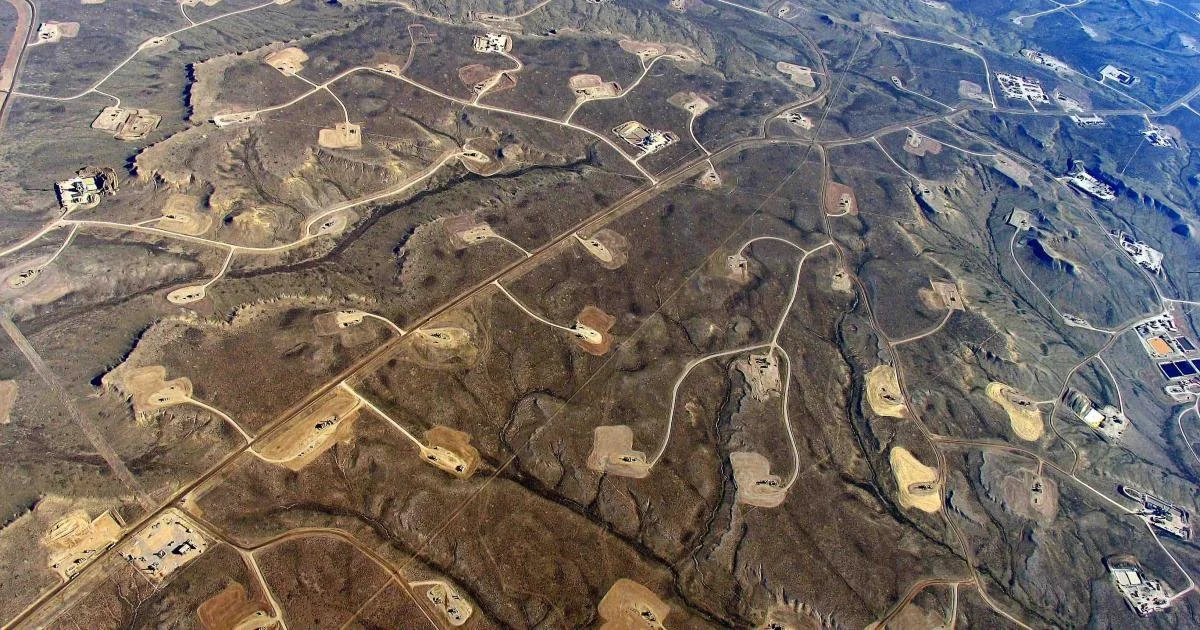
Gas and Oil in the Amazon
The Amazon region concentrates a significant share of the world’s active and planned oil and gas extraction projects. According to the Amazon Oil and Gas Tracker by GOGEL, there are more than 650 exploration and production blocks across the Amazon basin, nearly half of which are already active. These projects span the territories of nine Amazonian countries: Brazil, Peru, Colombia, Ecuador, Bolivia, Venezuela, Guyana, Suriname, and France (French Guiana).
The core issue is that oil and gas expansion directly threatens biodiversity and the rights of Indigenous Peoples, as more than 30 % of these blocks overlap with Indigenous territories or protected natural areas.
Ecuador and Peru, in particular, concentrate a large portion of concessions in areas of high ecological sensitivity, while Brazil is promoting new offshore and onshore gas projects within the Legal Amazon. The regional trend shows that governments continue to promote gas as “transition energy,” even though in practice these projects generate new emissions, deforestation, and socio-environmental conflicts.
GOGEL data reveal that gas and oil expansion in the Amazon could release more than 8 billion tons of CO₂ equivalent, undermining both national and global climate commitments.
In short, the platform warns that continuing this expansion undermines the goals of the Paris Agreement and the protection of the Amazon as a key carbon sink. Instead, it recommends halting new concessions, strengthening territorial rights, and redirecting investments toward community-based renewable energy.
From CANLA, through this campaign, we aim to raise awareness about the expansion of gas in Latin America and expose its real impacts. We seek to send a clear message to decision-makers: gas is not a solution it is a false way out that delays climate action and perpetuates fossil fuel dependency.
OUR DEMANDS
No to Gas Expansion and the False Transition
We reject the expansion of gas in Latin America because it deepens fossil dependency, diverts public resources, and undermines climate commitments. We demand that governments and financial institutions halt new investments, subsidies, and gas infrastructure agreements, prioritizing the real and urgent decarbonization of the region.
Yes to a Safe, Just, and Decentralized Energy Transition
We call for an energy transition based on non-conventional, locally rooted, and decentralized renewable energies that strengthen the energy security of peoples, reduce energy poverty, and ensure equitable access to energy. We urge the establishment of regulatory frameworks that promote distributed generation, renewable storage, energy efficiency, and social participation in energy system planning, putting energy at the service of life, not profit.
Yes to Regional Cooperation and a Shared Vision of Energy Sovereignty
Latin America has the potential to become a global leader in locally based renewable energy through international and regional cooperation that prioritizes equity, innovation, and collective well-being. We urge States to build a Latin American energy cooperation agenda that promotes research, solidarity-based financing, and knowledge exchange consolidating a fossil-free region committed to a just transition.
Yes to the Protection of Territories of Life and Nature
We demand the recognition and effective protection of territories of life, strategic ecosystems, and fossil fuel exclusion zones, including gas, as essential conditions to address the climate crisis. We call for public policies and territorial planning mechanisms that ensure ecological integrity, community participation, and full respect for the free, prior, and informed consent (FPIC) of Indigenous Peoples and local communities. Protecting nature means protecting the region’s energy future.
Yes to the Defense of Peoples and Those Who Defend Them
We defend the right of individuals, organizations, and communities to protect their territories from gas expansion and other fossil projects. We demand full guarantees for their safety, freedom, and participation, as well as international recognition of their role in building sustainable and just energy alternatives. We call on States and multilateral bodies to incorporate effective human rights safeguards and protection mechanisms for those who defend life and the climate.


